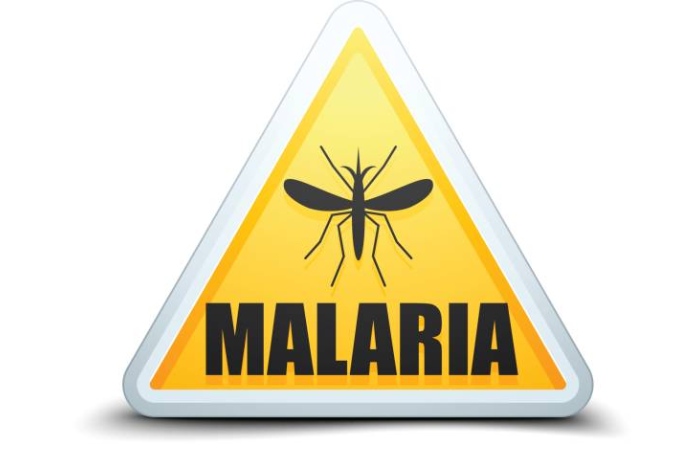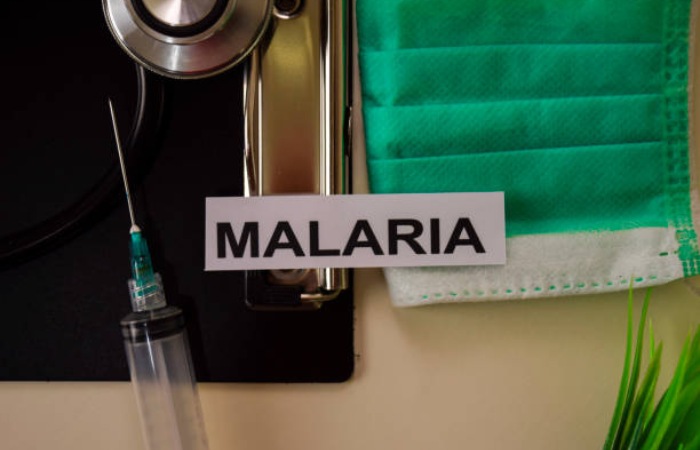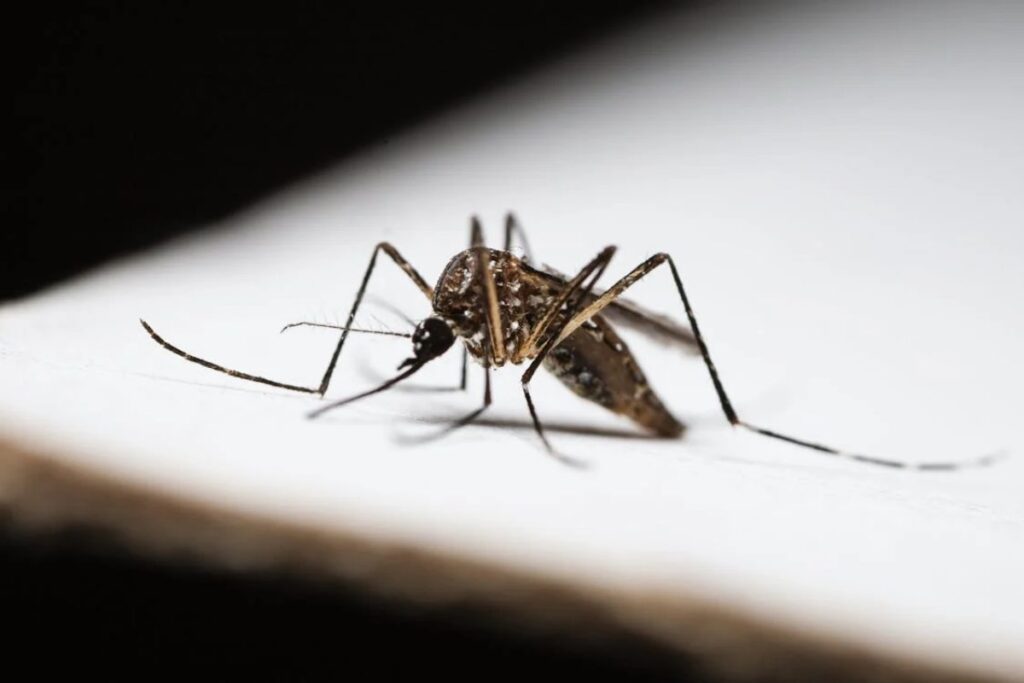Malaria Awareness, a well-known mosquito-borne disease, often conjures up images of fever and hospital visits. While many are aware of its impact on health, few realise the profound effect it can have on daily life. Not only does malaria affect health, but it can also disrupt daily life, reduce productivity, and affect overall well-being.
If left undiagnosed, the disease can be fatal and cause multiple organ failure, which may even require intensive care and mechanical ventilation. There is also a serious type of malaria called cerebral malaria. With cerebral malaria, the patient may develop decreased consciousness due to brain failure. This is a curative emergency that requires immediate action and expert intervention.
Debunking Common Malaria Myths

Misconceptions about malaria can hinder effective prevention and treatment. Let’s address some prevalent myths:
Myth 1: Malaria is Contagious Malaria Awareness
Fact: Malaria is not spread from person to person like the common cold. It is only transmitted through the bite of an infected female Anopheles mosquito.
Myth 2: If You Don’t Hear Mosquitoes, You’re Safe
Note: The female Anopheles mosquito is usually silent and may not leave any visible traces. Just because you don’t hear the buzzing doesn’t mean you’re not at risk.
Myth 3: Malaria Only Occurs in Rural Areas
Fact: Urban areas, especially those with poor sanitation and stagnant water, can become hotbeds for malaria.
The Daily Life Disruptions of Malaria

Beyond the physical toll, malaria can significantly disrupt daily routines:
- Work and Productivity: Battling malaria often means days off work, decreasing productivity, and potential income loss. For daily wage earners, this impact is even more pronounced.
- Education: Children suffering from malaria may miss school, affecting their academic progress and social interactions
- Household Responsibilities: When a family member is ill, others often need to adjust their schedules to provide care, adding stress and disrupting household dynamics.
Adapting Routines to Mitigate Malaria Risk Malaria Awareness
Awareness of malaria’s seasonal prevalence has led many to adjust their daily habits:
- Evening Activities: Limiting outdoor activities during peak mosquito activity times, typically dawn and dusk, can reduce exposure.
- Clothing Choices: Wearing long-sleeved shirts and pants during mosquito season offers an added layer of protection Malaria Awareness.
- Home Environment: Regularly checking and eliminating potential mosquito breeding places around the home, such as emptying stagnant water from containers, is a proactive step.
Personal Lifestyle Tips for Malaria Awareness

Incorporating simple practices can bolster your defence against malaria:
- Sleep Safely: Using mosquito nets, especially insecticide-treated ones, can provide adequate protection during sleep.
- Natural Repellents: Planting mosquito-repelling plants like citronella or using essential oils can deter mosquitoes.
- Stay Informed: Awareness of malaria trends in your area and staying updated on preventive measures empowers proactive protection.
Conclusion Malaria Awareness
The impact of malaria extends beyond health to touch on various aspects of daily life, work, and education. By understanding patterns, debunking myths, and implementing preventive measures, people can better address the challenges posed by this mosquito-borne disease.
Frequently Asked Questions
Can indoor plants attract mosquitoes and increase malaria risk?
Houseplants do not attract mosquitoes, but excess water can cause water to stagnate in pots, creating favourable conditions for insect breeding. To prevent this, ensure adequate drainage.
Does consuming garlic or vitamin B1 deter mosquito bites?
While some believe certain foods can repel mosquitoes, little scientific evidence supports this. Relying solely on these methods to prevent malaria is not recommended.
Are certain blood types more attractive to mosquitoes?
Research suggests that mosquitoes may prefer certain blood types, but this does not significantly affect the risk of malaria. Everyone still needs to take protective measures.
Can air conditioning reduce the risk of malaria?
Air-conditioned rooms are less accessible to mosquitoes, potentially reducing bite risk. However, it’s not a standalone preventive measure.

